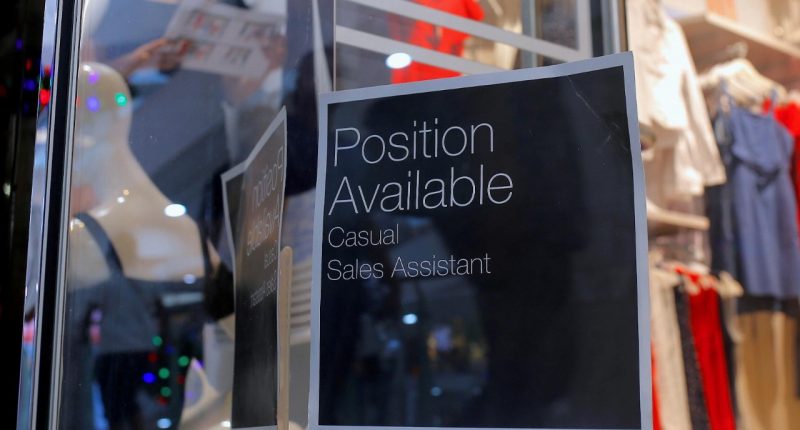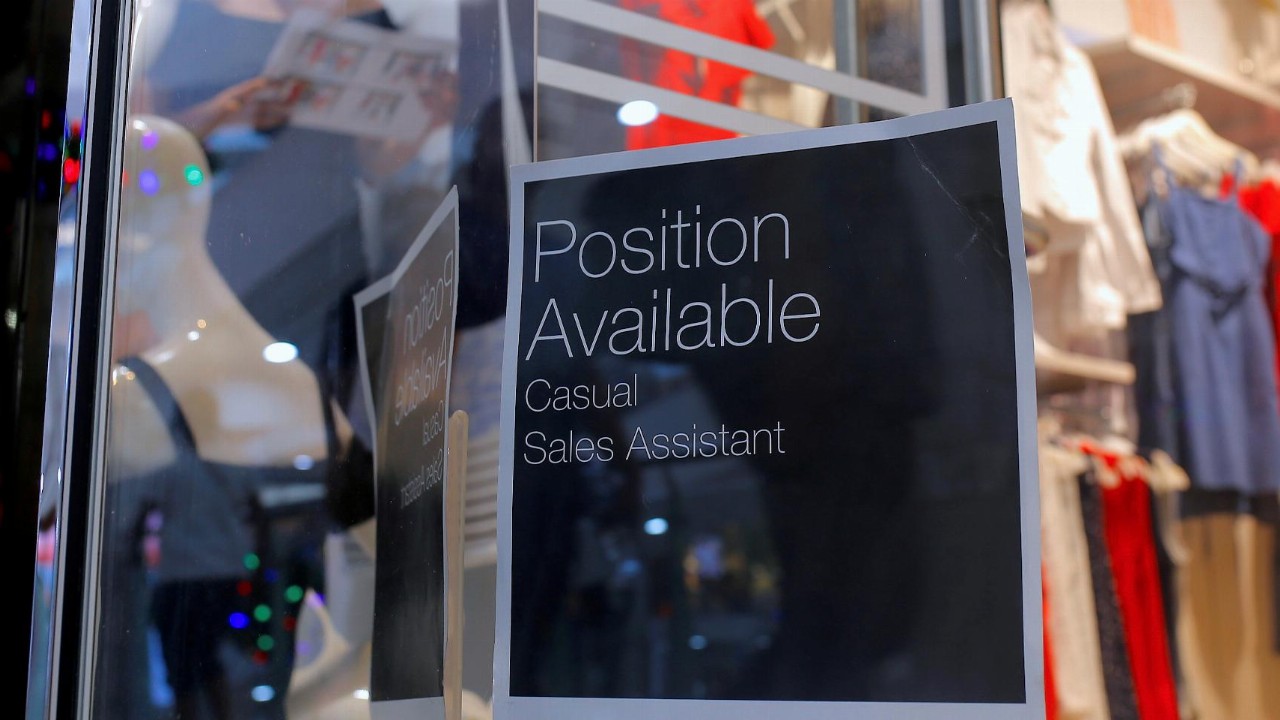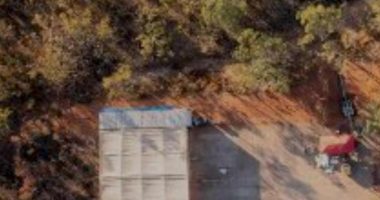According to the Australian Bureau of Statistics (ABS), Australia’s unemployment rate has fallen to 3.5 per cent in February, potentially putting the hot streak of rate hikes by the Reserve Bank of Australia (RBA) back on the cards.
ABS Head of Labour Statistics Bjorn Jarvis indicated around 65,000 people gained employment during February, and unemployment decreased by 17,000 people.
The RBA recently said it expected the nation’s unemployment to hover around 3.5 per cent until mid-way through this year.
Mr Jarvis said February’s figures showed a “particularly evident” rise in employment across the southeast of Australia, in New South Wales, Victoria and the ACT.
Additionally, the report also highlighted an increase in seasonally-adjusted monthly hours worked, rising by 3.9 per cent in February.
“Following the 2.1 per cent fall in January, when more Australians than usual took annual leave, the hours worked in February bounced back strongly to a level similar to late-2022 and were 5.1 per cent higher than February 2022,” Mr Jarvis commented.
“In February, there were also no major disruptions that affected people’s ability to work their normal hours, such as the widespread sickness or natural disasters that we have seen over recent years.”
Many analysts now believe the jobs rise could spur the RBA to raise cash rates yet again next month.
To pause or not to pause – will the RBA’s hot streak come to an end?
Following almost a year of successive rate hikes from the RBA, including rises of up to .5 percentage points, the record run was deemed “more than likely” to end amid fears around the recent collapse of Silicon Valley Bank (SVB).
The SVB collapse sent shock waves and fear into the global economy as bank stocks plummeted across the US.
Australia’s share market wasn’t left unscathed by the fear sweeping the US, with the S&P/ASX 200 taking a dive over the past week.
Signature Bank also collapsed this week, and with fears that Credit Suisse, could soon follow suit, experts are labelling it as the biggest banking collapse since the GFC.
Luckily enough for some, the Swiss National Bank has vowed to be on hand to support Credit Suisse.
With the Fed, US Treasury and FDIC bailing out SVB, and with fears potentially easing amid the current bank climate, City Index Senior Market Analyst Matt Simpson said of an April rates hike: “The probability of a pause can only be reduced.”
Mr Simpson said February’s employment data report signalled a potential continuation of rates rises.
“Upon first glance, that’s a decent employment report for Australia — and one which brings back the potential for the RBA to not pause next month,” he said.
“RBA’s cash rate futures implied a 100 per cent chance of a pause, but with unemployment back down to 3.5 per cent, participation rate higher and job growth at an eight-month high, it hardly screams imminent recession or deflation.”
Time will tell whether or not the RBA chooses to continue its record-long streak of rises.








